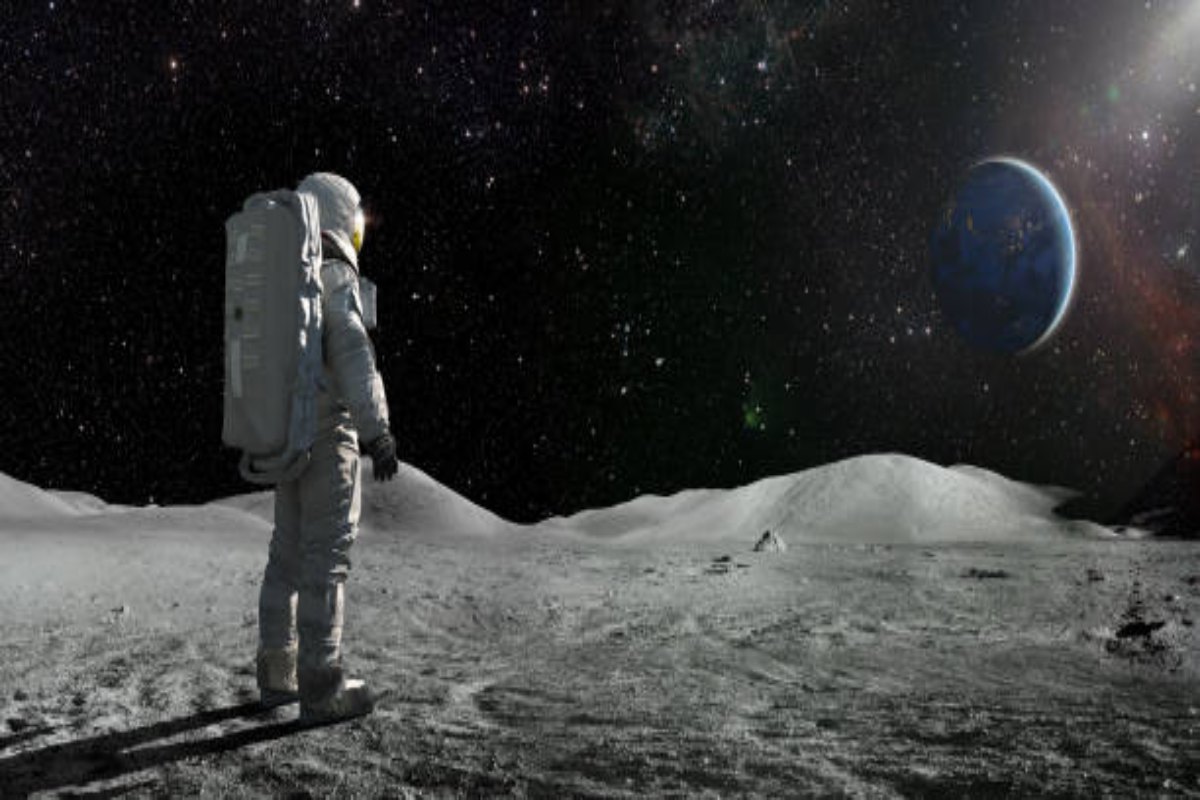Sunita Williams terms space her “happy place”; NASA astronauts eager to vote from space in US elections
NASA Astronauts Sunita Williams and Butch Willmore expressed their desire to vote in the upcoming US presidential elections in November
Space travel alters gene expression in white blood cells, weakening the immune system, making astronauts more susceptible to infections and skin rashes while in space, according to a study.

[Representational Photo : iStock]
Space travel alters gene expression in white blood cells, weakening the immune system, making astronauts more susceptible to infections and skin rashes while in space, according to a study.
Astronauts on board the International Space Station (ISS) are commonly known to suffer from skin rashes, as well as respiratory and non-respiratory diseases. They are also known to shed more live virus particles, for example Epstein-Barr virus, varicella-zoster responsible for shingles, herpes-simplex-1 responsible for sores, and cytomegalovirus.
Advertisement
These suggest that the human immune system might be weakened by space travel.
Advertisement
“Here we show that the expression of many genes related to immune functions rapidly decreases when astronauts reach space, while the opposite happens when they return to Earth after six months aboard the ISS,” said lead author Dr Odette Laneuville, Associate Professor at the Department of Biology of the University of Ottawa.
In the study, published in the journal Frontiers in Immunology, the researchers studied gene expression in leukocytes (white blood cells) in a cohort of 14 astronauts, including three women and 11 men, who resided on board the ISS for between 4.5 and 6.5 months between 2015 and 2019.
Leukocytes were isolated from 4 millilitres of blood drawn from each astronaut at 10 time points: once pre-flight, four times in flight, and five times back on Earth. About 15,410 genes were found to be differentially expressed in leukocytes.
Among these genes, the researchers identified two clusters, with 247 and 29 genes respectively, which changed their expression in tandem along the studied timeline. Genes in the first cluster were dialled down when reaching space and back up when returning to Earth, while genes in the second followed the opposite pattern. Both clusters mostly consisted of genes that code for proteins, but with a difference: their predominant function was related to immunity for the genes in the first cluster, and to cellular structures and functions for the second.
These results suggest that when someone travels to space, these changes in gene expression cause a rapid decrease in the strength of their immune system. However, the data showed that most genes in either cluster returned to their pre-flight level of expression within one year after return on Earth, and typically much sooner — on average, after a few weeks.
Thus, returning astronauts run an elevated risk of infection for at least one month after landing back on Earth. The length of recovery is likely to depend on age, sex, genetic differences, and childhood exposure to pathogens, the researchers said.
Advertisement